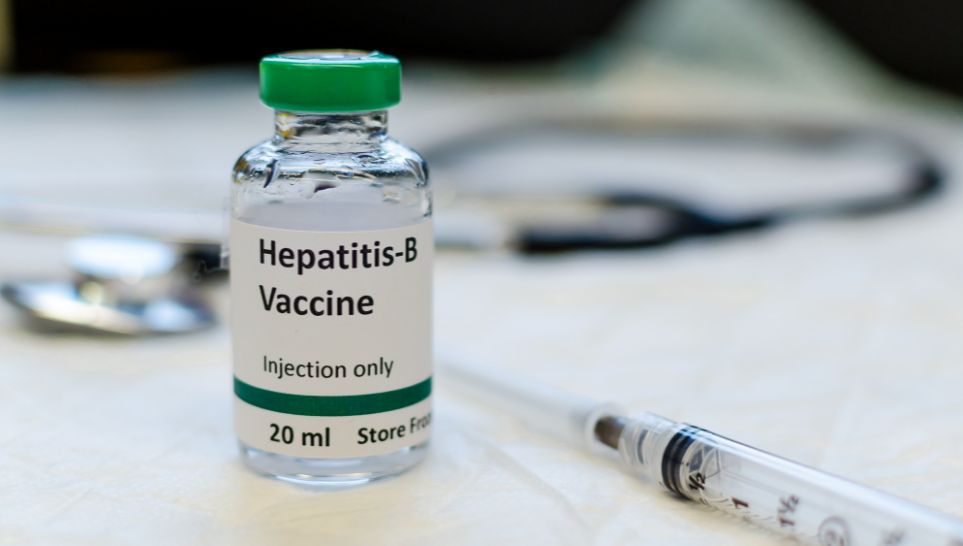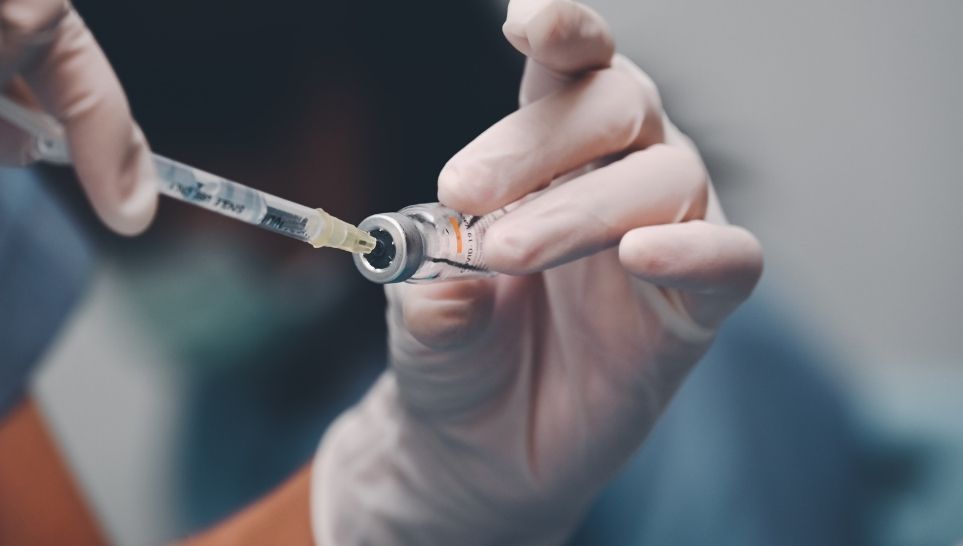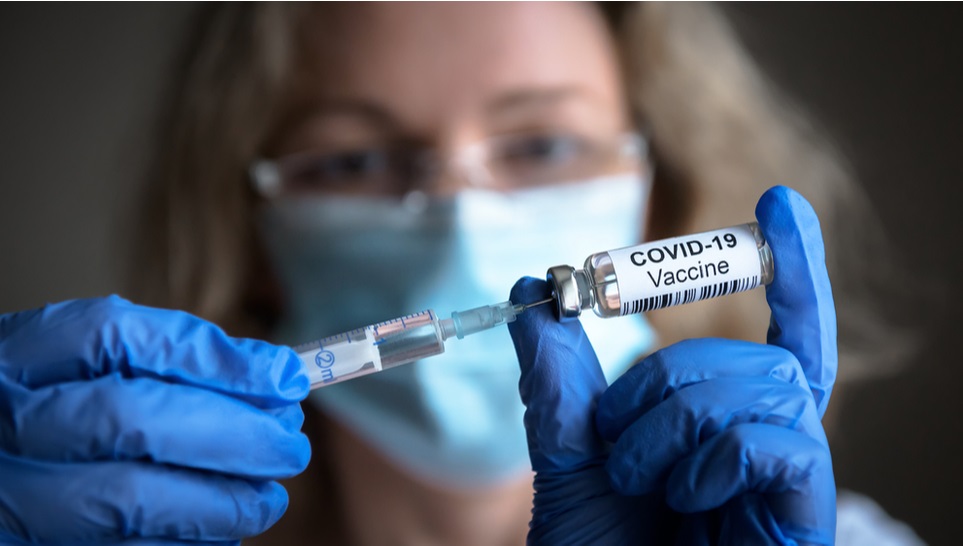
As the COVID vaccine is distributed globally, it’s essential to understand potential complications from improper vaccine administration. SIRVA stands for “shoulder injury related to vaccine administration” and is a common issue caused by improper handling of a needle.
While improper administration of the flu vaccine usually causes 70% of SIRVA cases, the COVID vaccination’s prominence is exacerbating the SIRVA cases caused by this vaccine. With the rise of inexperienced volunteers helping administer the vaccine worldwide, SIRVA after the COVID vaccine is increasing from improper administration techniques.
Because one of SIRVA’s main signs is shoulder pain, it might be confused with common shoulder pain associated with age or overuse. However, unrecognized and untreated SIRVA can lead to long-term issues with shoulder joints or your upper arm. Therefore, it’s crucial to understand some of the more specific signs of SIRVA. Upon noticing these signs, immediately seek out the proper treatment.
What Causes SIRVA?
While vaccines are meant to pierce the deltoid muscle in your upper arm, a vaccine injected too high could cause SIRVA by going past the deltoid muscle and stabbing the bursa. The bursa is a fluid-filled sac around the shoulder joints that helps mitigate friction during arm movement.
Ligaments and tendons near the injection site in your shoulder could become inflamed if the needle pierces the bursa. This inflammation can lead to SIRVA over a prolonged period.
Symptoms of SIRVA

Understanding how to identify SIRVA is essential in obtaining the necessary treatment to resolve any potential issues. As shoulder pain can be a prominent issue among adults, recognizing the differences between common pain, which can be severe, and pain caused by SIRVA is crucial.
The primary symptom of SIRVA is moderate to severe pain in the upper arm beyond normal levels and decreased range of motion within 48 hours of receiving your vaccine.
If you notice that you are suddenly unable to move your vaccinated arm normally or your shoulder pain increases sharply in the two days after a vaccine, you might be experiencing SIRVA. Since SIRVA shares many symptoms with nerve damage, getting it checked once symptoms arise is never a bad idea.
That way, you can avoid some of the long-term conditions and issues resulting from untreated SIRVA.
Equally important to recognizing SIRVA after the COVID vaccine is understanding what is not considered SIRVA. If your shoulder pain began more than 48 hours after receiving your vaccine, you have a pre-existing condition, or you were affected by another injury in the interim after receiving your shot, then you may not be experiencing SIRVA.
Conditions Caused by SIRVA
Untreated SIRVA is nothing to scoff at, especially when considering the long-term issues you can face if the condition persists undiagnosed.
Long-term Problems Caused by Untreated SIRVA
- Adhesive Capsulitis (Frozen Shoulder): One of the most common symptoms of SIRVA is adhesive capsulitis. Adhesive capsulitis is the pain and stiffness that limits mobility in your arms and can turn into a potentially long-term problem.
- Rotator Cuff Tears: When inflammation caused by SIRVA persists for too long, it’s possible to cause damage to the ligaments and joints in the rotator cuff. If you’re trying to stretch your arm to alleviate the soreness, you may accidentally cause a rotator cuff tear. You might experience pain, weakness, an inability to sleep on the affected arm, or limited ability to move your arm behind your shoulder. These signs could indicate that you’ve torn one or more of the tendons in your shoulder.
- Tendonitis: Similar to a rotator cuff tear, the tendons in your shoulder could develop tendonitis if left unchecked for too long. Tendonitis might manifest as irritation in the shoulder or mild pain, swelling, or tenderness. Once again, tendonitis is another common issue, so you may experience tendonitis without it originating from SIRVA after the COVID vaccine.
- Bursitis: Bursitis occurs when the fluid-filled sac protecting your shoulder ligaments and joints from friction remains inflamed for too long. This persistent inflammation will cause stiffness, soreness, and even redness at the injection site, indicating bursitis.
- Shoulder Impingement: Shoulder impingement is a generally prolonged mobility limitation in your shoulder. If you notice that you can no longer raise your arm to or above shoulder height, it might be a sign of shoulder impingement.
- Nerve Injuries: An improperly administered vaccination could also lead to nerve injury. Nerve injuries such as axillary nerve injury and brachial neuritis can lead to more severe issues if left untreated.
By neglecting your SIRVA for too long, you put yourself at risk of developing any of these long-term problems. As a result, it is essential to visit a doctor immediately to identify and treat issues related to SIRVA.
Diagnosing SIRVA
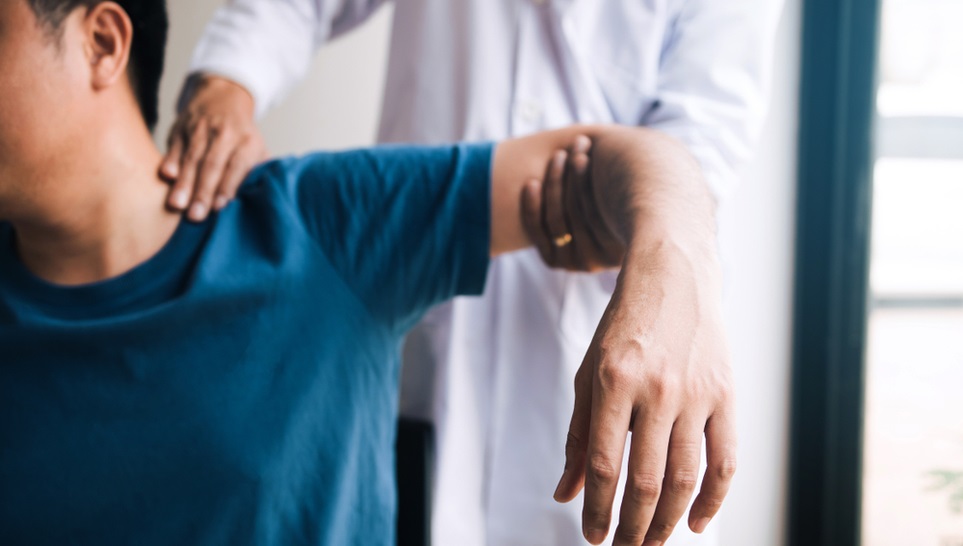
To receive a diagnosis for SIRVA, you will have to undergo a physical examination from your doctor and may need to receive an X-Ray, MRI, or other imaging tests. These will help identify the condition and highlight any issues that might have arisen from SIRVA after the COVID vaccine.
Additionally, your doctor may identify SIRVA simply by the pain and decreased range of motion if it is clearly within the vaccine window. Aside from this, another important feature in diagnosing SIRVA is to understand that doctors might misdiagnose SIRVA as another shoulder injury (and vice versa).
Shoulder Injuries Confused With SIRVA
- Adhesive Capsulitis
- Rotator Cuff Injury
- Tendonitis
- Bicipital Tendonitis
- Brachial Neuritis
- Bursitis
- Complex Regional Pain Syndrome
- Post-Injection Inflammatory Reaction
- Ulnar Neuropathy
- Humeral Contusion
These are only some of the shoulder injuries that doctors might confuse with SIRVA. It’s vital to fully share your medical history and identify the date of your vaccine. Your doctor can ascertain whether or not you’re experiencing SIRVA. With all the necessary information, your doctor will have the best chance of providing you with the appropriate treatment.
Treating SIRVA
Treating SIRVA will depend on various factors, including but not limited to your medical history, current health, and the presence of any corollary conditions. As a result, SIRVA treatment is not standardized but customized to fit your needs.
Common Treatments for SIRVA
- Rest: Your doctor may advise that you rest the affected arm. Rest is one of the most straightforward cures but might prohibit you from lifting heavy objects, moving your arm, or sleeping on the side of the affected shoulder.
- Over-the-Counter, Nonsteroidal Anti-Inflammatory Drugs: NSAIDs like Advil, Ibuprofen, and Tylenol can be obtained without a prescription and provide pain relief. Consider taking these medications while giving your shoulder the rest it needs to recover.
- Steroid Injections: If your SIRVA pain is more severe, you may need to receive steroid injections. As a more robust solution for SIRVA, steroid injections will help relieve the pain in your shoulder quickly.
- Physical Therapy: Whether or not you use one of the other treatments for SIRVA, you may need to engage in physical therapy to help your shoulder recover fully.
- Surgery: While surgery may seem like an extreme solution, about 30% of all SIRVA cases require surgery to remove scar tissue or restore joints and ligaments. Recovery from surgery will typically last four to six weeks and might include follow-up visits with your doctor to ensure that your bursa, bone, tendons, ligaments, and joints have fully healed.
Other Vaccines That Cause SIRVA
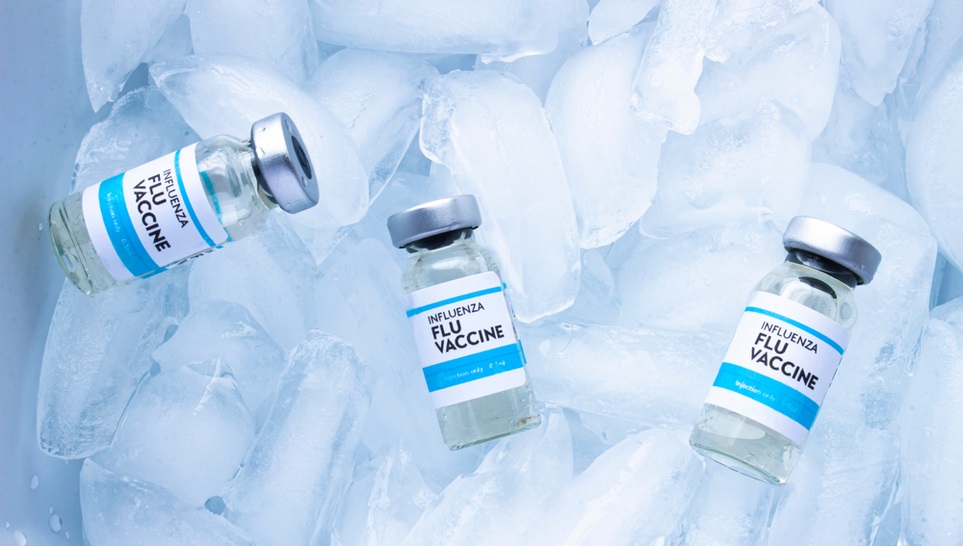
While SIRVA after the COVID vaccine is on the rise due to the recent prominence of this shot, many other vaccinations can cause SIRVA. The most common cause of SIRVA besides the COVID vaccine is the flu shot, which previously accounted for 70% of all SIRVA cases.
Besides the flu vaccine, any injection in the upper arm and shoulder area where a needle might pierce the bursa or shoulder ligaments has the potential to cause SIRVA.
Some other common vaccines that might cause SIRVA are Hepatitis A and B, HPV, Tetanus, Measles Mumps Rubella, and the Meningococcal vaccination. Many schools and universities require vaccinations for students, so it’s essential to understand the risks of SIRVA to avoid long-term complications.
Compensation for SIRVA-Related Injuries
To have any chance of receiving compensation for SIRVA or any related injuries, you should make sure to follow a few important steps.
First, see a doctor as soon as possible so that they can document and legitimize your injury. Allowing a doctor to confirm your shoulder pain within the 48-hour window can help your case immensely. Reported evidence of shoulder pain on your medical records within this window can significantly strengthen your case in the eyes of the National Vaccine Injury Compensation Program.
Second, begin treatment immediately. There is never a reason to delay treatment. Quickly engaging in treatment provides more validity regarding the seriousness of your SIRVA case. Most cases seeking compensation require an in-patient hospitalization or evidence of suffering from pain for more than six months.
Finally, call Sadaka Associates. With over $70 million in compensation obtained for 500 petitioners, our experience speaks for itself. Call today for assistance in filing your claim for SIRVA after the COVID vaccine.




